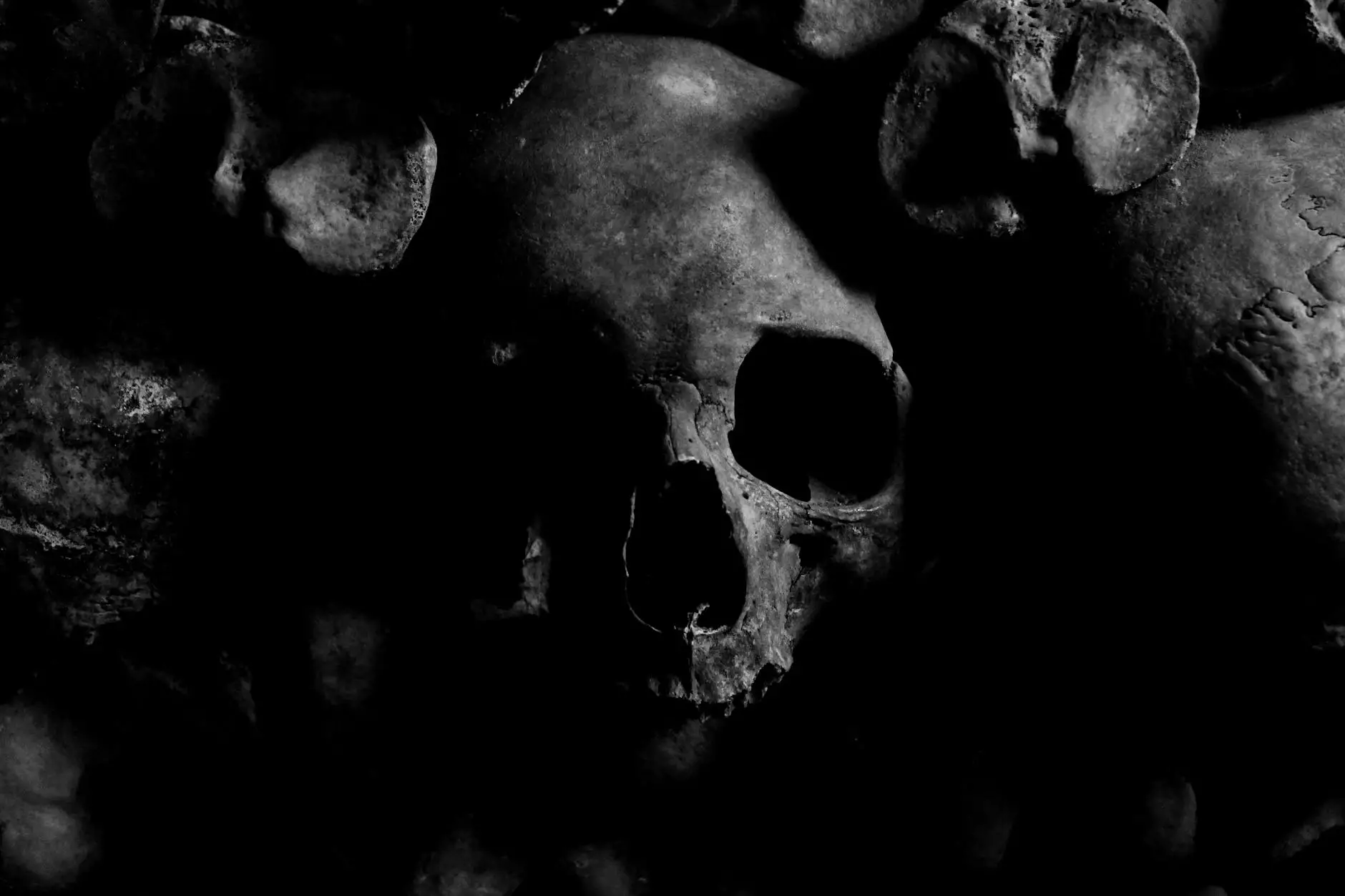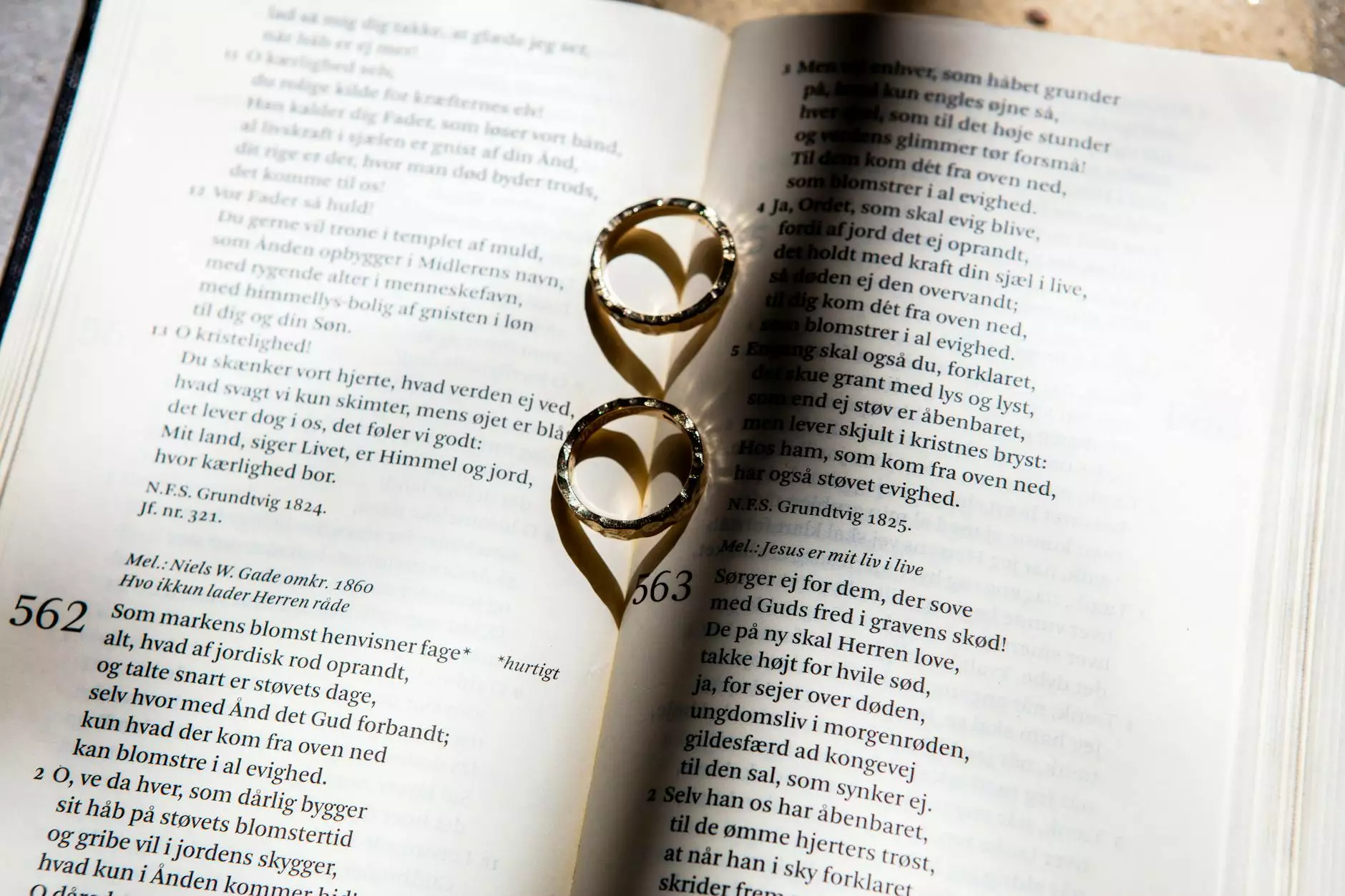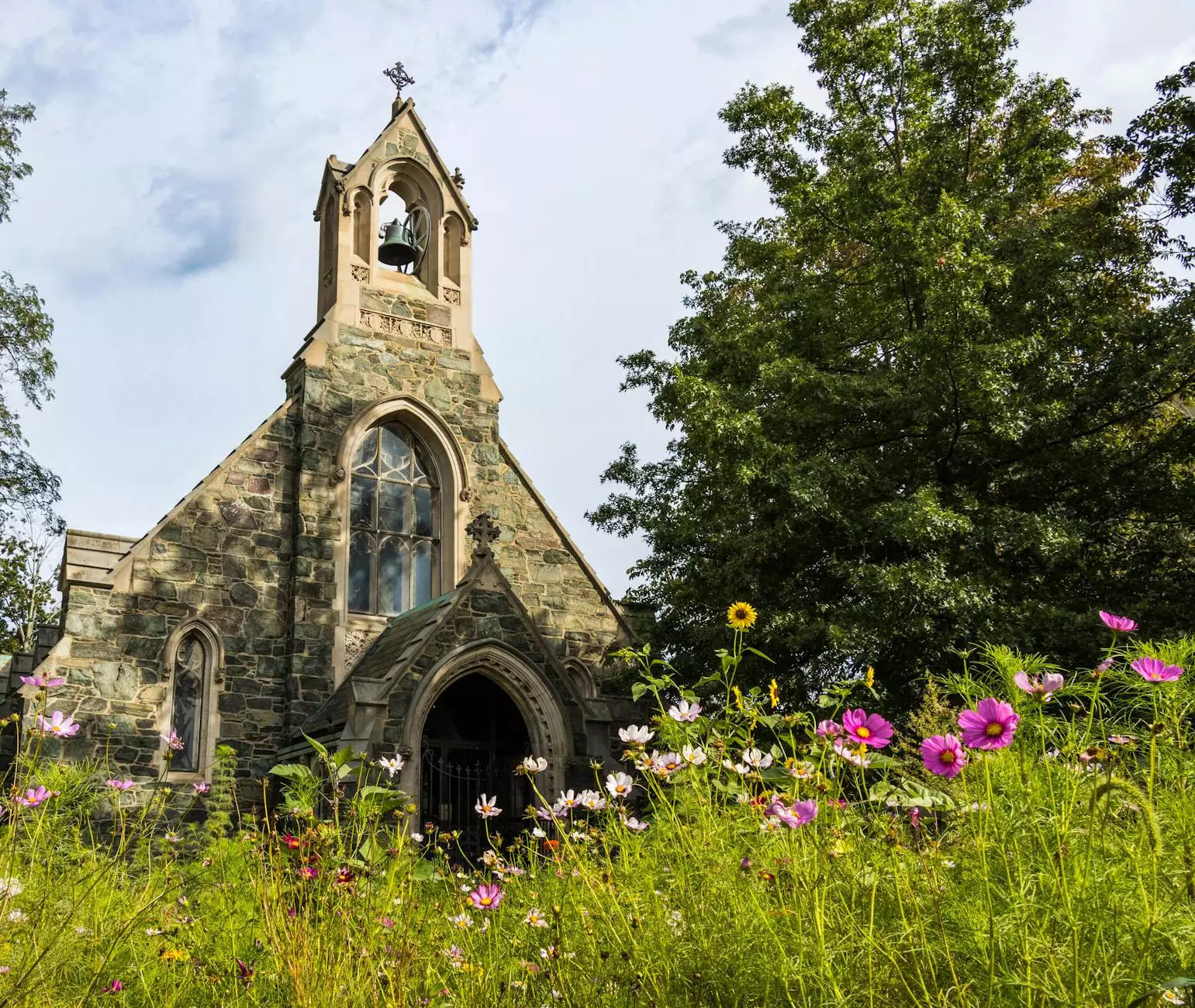How does your worldview answer the question 'What happens when we die'
Blog
Welcome to Reno Remnant Church, where we delve into the deep question that has puzzled mankind for centuries – "What happens when we die?" In this article, we will explore this existential query from the perspective of different worldviews and reflect on how they provide varying answers grounded in faith and beliefs.
The Christian Worldview
The Christian worldview provides a comprehensive understanding of life and death. According to Christian teachings, when we die, our souls separate from our physical bodies and continue to exist eternally. Christians believe in an afterlife where individuals will face judgment, and their eternal destiny (heaven or hell) will be determined based on their faith and commitment to God.
Christianity offers comfort, hope, and the assurance that death is not the end. It emphasizes the importance of living a righteous life and following the teachings of Jesus Christ to attain eternal salvation.
The Atheistic Worldview
From an atheistic perspective, death is viewed as the finality of life. Atheists believe that there is no existence beyond death and that consciousness ceases to exist. There is no concept of an afterlife or an eternal soul.
In the absence of an afterlife, atheism encourages individuals to find meaning, purpose, and fulfillment in the present moment. It emphasizes the significance of creating a positive impact on society and leaving a lasting legacy through one's actions and contributions.
The Hindu Worldview
Hinduism, one of the oldest religions in the world, offers a unique perspective on the question of what happens when we die. According to Hindu beliefs, life is cyclical, and death is just a transition from one life to another. Hindus believe in the concept of reincarnation, where the soul is reborn into a new body after death.
Karma, the law of cause and effect, plays a vital role in determining one's future life. Hindus strive to live a righteous life to ensure a positive rebirth and ultimately break free from the cycle of reincarnation, reaching spiritual liberation (moksha).
The Buddhist Worldview
Buddhism also offers a unique perspective on the question of death. Buddhists believe in the concept of rebirth, where consciousness continues after death, but there is no eternal soul or self that transfers from one life to another.
In Buddhism, death is seen as a natural part of the cycle of existence, and the goal is to attain enlightenment and break free from the cycle of rebirth. Buddhists strive to achieve Nirvana, a state of liberation from suffering and the cycle of life and death.
The Islamic Worldview
In Islam, the answer to "What happens when we die?" is informed by the teachings of the Quran and the Hadith (sayings of the Prophet Muhammad). Muslims believe in the existence of an afterlife, where individuals will be held accountable for their actions in this world.
Islamic teachings outline the concepts of paradise (Jannah) and hellfire (Jahannam), where individuals will be rewarded or punished based on their deeds and faith. Muslims aspire to live a righteous life to ensure a favorable outcome in the afterlife.
Conclusion
As we have explored, different worldviews provide unique perspectives on the question of what happens when we die. Whether it's the Christian belief in eternal salvation, the atheistic notion of life's finality, the Hindu concept of reincarnation, the Buddhist pursuit of enlightenment, or the Islamic teachings on the afterlife, each worldview offers its own understanding and answers rooted in faith and beliefs.
At Reno Remnant Church, we strive to foster a deeper understanding of various worldviews and embrace the diversity of perspectives. We encourage individuals to explore and reflect on their own beliefs, seeking wisdom and clarity in the pursuit of the ultimate questions about life, death, and beyond.




